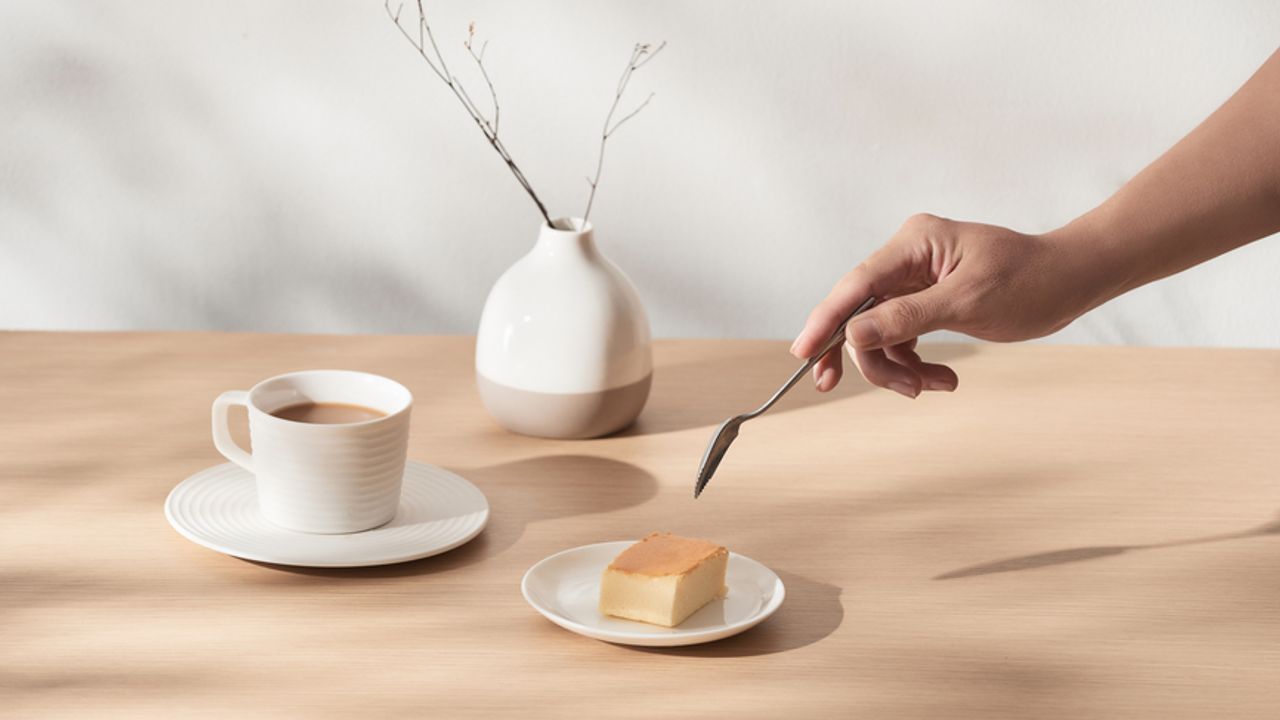These days, we live in a hectic world, and most people are constantly trying to balance work, relationships, and daily chores. Take care of yourself! When you’re overwhelmed by emails, goals, and personal commitments, it’s easy to forget what’s most important. Many people think self-care means a few hours of free time or expensive spa treatments, but that’s absolutely not true. With just a few minutes a day, you can take small, conscious steps to restore your body, mind, and soul. That’s true self-care.
The step-by-step instructions in this article will help you develop a simple self-care practice that fits your busy life. You’ll learn how small changes can have a big impact, such as feeling more balanced, energized, and in control of your life.
1. Understand self-care
Before you make any plans, it’s important to reconsider the true meaning of self-care. Many people see self-care as a pampering activity, like taking a bubble bath or buying expensive skincare products. While this can be enjoyable, true self-care is much more than that. It’s about making decisions that benefit your mental, social, and physical health in the long run.
Taking care of yourself isn’t selfish; it’s essential. When you give yourself time to rest and recover, you can better manage stress, make better choices, and get more done. For busy people, this means choosing a few small, impactful habits that easily fit into your schedule.
2. Start Small and Stick With It
People new to self-care often make the mistake of trying to do too much at once. You don’t have to completely overhaul your lifestyle. Focus on consistency. Choose one or two small habits that you can easily maintain, even when you’re extremely busy.
For example, commit to drinking a glass of water every night, stretching for five minutes, or writing down one thing you’re grateful for. These small things may seem insignificant, but if you do them regularly, they will have a positive impact on your health and well-being.
Remember: it’s not about being good, it’s about getting better.
3. Prioritize Rest and Sleep
Getting enough rest is one of the simplest and most effective ways to take care of yourself. Many busy people sacrifice sleep to get work done, but this can leave them feeling tired, exhausted, and unable to concentrate.
Develop a regular sleep schedule to signal to your body that it’s time to relax. One way to do this is by turning off the lights, putting your phone away 30 minutes before bed, or reading a few pages of a book. Aim for 7-8 hours of quality sleep per night.
If you’re having trouble sleeping, short naps during the day can also help. Pay attention to your body and rest when it tells you to.
4. Make Time for Yourself Every Day
When you have many meetings, work, and family responsibilities, self-care doesn’t come naturally. You have to schedule it. Treat your self-care time like an important meeting. Set aside 15 to 30 minutes for yourself every day, just as you would for a work meeting.
Use this time to do something that helps you relax. For example, take a walk, meditate, drink a cup of tea, or listen to soothing music. However short it is, this “me-time” can make you feel much better and significantly reduce your stress levels.
5. Move your body, even if only a little
Exercise is one of the best ways to take care of yourself, but you don’t have to go to the gym or do long workouts. For busy people, physical activity can be as quick and easy as stretching at your desk, taking a walk during a break, or doing a short online workout after work.
You don’t have to burn out completely; the most important thing is to get your blood flowing. Regular exercise releases hormones that make you feel good, improve your focus, and boost your energy. Just 10 to 15 minutes of exercise can make a difference in your mood throughout the day.
6. Be mindful of your thoughts and practice gratitude
To be mindful, you must be present in the moment and not dwell on what’s to come. You can practice mindfulness anytime, anywhere. Take deep breaths, notice what’s happening around you, or enjoy a meal without distractions.
Keeping a gratitude journal is also a good idea. Every day, write down three things you’re grateful for. No matter how small the success, it counts. Gratitude shifts your focus from stress to praise, which can make you feel less anxious and more peaceful.
7. Learn to say “no”
Many busy people burn out because they take on too much. One of the goals. By saying “no” more often, you make room for things that truly improve your life.
8. Nourish your body with good-for-you foods
How you feel is directly related to what you eat. Instead of skipping meals or always ordering fast food, make small changes to eat healthier. Eat a balanced breakfast in the morning, keep healthy snacks on hand, and drink water throughout the day.
Planning your weekend meals in advance saves you time and ensures you have healthy meals ready for the entire week. Remember: healthy eating isn’t about restricting your diet; it’s about giving your body the fuel it needs to function optimally.
9. Take a break from your devices
While technology can be helpful, being constantly connected can be stressful and drain your mental energy. Schedule some time during the day to use your computer. Avoid multitasking, turn off notifications, and set aside time away from your phone, especially before bed.
Instead of surfing the internet, use this time to reconnect with yourself or someone you care about. Even a short break from your devices can make you feel better, calmer, and more focused.
Frequently Asked Questions
1. I’m very busy. How can I make time for self-care?
Start by finding small moments throughout the day, like before bed, early in the morning, or during your lunch break. Even five minutes can make a difference if you use them well. Consistency is more important than length.
2. Which self-care habit is easiest for someone just starting out?
Start with something easy, like deep breathing, drinking more water, or writing down your feelings for five minutes every day. Once you’ve established this habit, you can gradually add more.
3. Does self-care really help you get more done?
Yes. Taking care of your body and mind gives you more energy, better focus, and more inspiration. Self-care can prevent burnout, increase your productivity, and ultimately help you perform better in all areas.
4. What if I don’t feel comfortable giving myself some time off?
Remember: self-care isn’t selfish; it’s maintenance. You can’t finish a cup when it’s empty. When you take care of yourself, you can better care for others.
5. How can I maintain my self-care habit?
Plan it. Time for self-care should be an integral part of your day. You can also use a habit-tracking app, set an alarm, or link your new habit to an existing one, like writing in a journal after brushing your teeth.
Summary
Developing simple self-care habits doesn’t mean changing your entire lifestyle; it simply means making choices that fit your busy schedule. Start with small changes, like getting enough sleep, exercising, and taking short breaks to stay mindful. These small acts of care will, over time, lead to a healthier, happier, and more balanced life.
Remember that your health is important. Just five minutes of self-care a day can significantly improve your mood and productivity. Today is the perfect time to start taking care of yourself.




